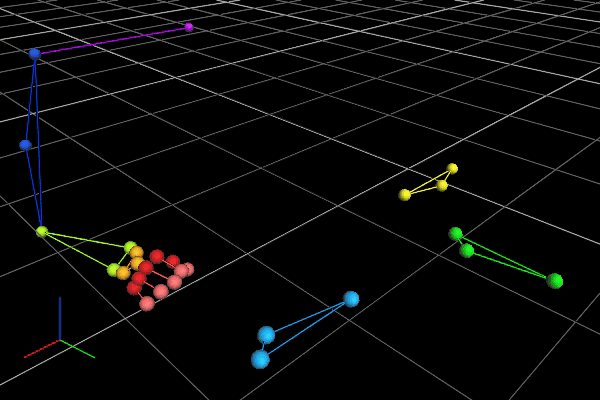Identifying the kinematic signature of pedagogy
 How do we identify pedagogical demonstrations on the basis of movement kinematics?
How do we identify pedagogical demonstrations on the basis of movement kinematics?A key question for the field of social learning is understanding the cognitive foundations that give rise to the human capacity to learn from others. Previous studies have typically aimed to address this by identifying the dedicated learning mechanisms in the learner that allow them to parse and copy observed actions. However, experimental cognitive studies tend to treat learning as a unidirectional form of transmission, whereas naturalistic episodes of learning tend to involve a degree of interpersonal coordination or interaction between learners and the models from whom they learn. The proposed project aims to study the role that this action coordination plays by studying pedagogical demonstrations – actions produced by a model with the intention to transmit it to the learner – with the goal of deconstructing these demonstrations down to identify the kinematic signature of cognitive and behavioural coordination mechanisms that are used to scaffold information, and investigate the impact of these pedagogical action modulations on observational learning in naive learners.
This work is funded by the generous support of the Alexander von Humboldt-Stiftung/Foundation in the form of an 18-month Research Fellowship for Experienced Researchers, and is being carried out at the University Medical Center Hamburg-Eppendorf in Hamburg, Germany.